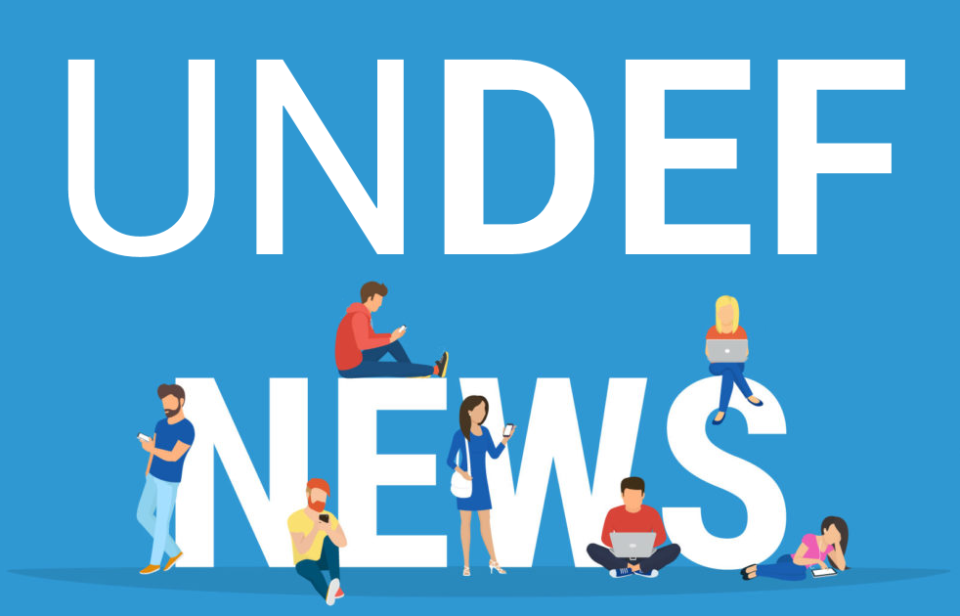- Home
- UNDEF Board approves almost 40 new project proposals, all with relevance to Covid-19 crisis
UNDEF Board approves almost 40 new project proposals, all with relevance to Covid-19 crisis

UNDEF’s Advisory Board met virtually on 1 April 2021 and endorsed a short-list of 38 projects for its 15th Round of funding totaling almost $10 million dollars, all with direct relevance to addressing the challenges to civic space and democracy as a result of the Covid-19 crisis.
In this Round, UNDEF received 1,622 project proposals from organizations in 110 countries, the vast majority local NGOs, despite the implementation constraints posed by the Covid-19 pandemic. Proposals originated from Africa, Arab States, Asia, Eastern Europe, Latin America and the Caribbean, adding further to the growth the Fund has experienced since its creation in 2005 and bringing the total number of projects supported by the Fund to more than 840. These UNDEF-supported initiatives all reflect a focus on strengthening the voice of civil society and encouraging the participation of all groups in democratic processes -- thus concentrating on the demand side of democracy, rather than the supply side.
The Round comes as the Covid-19 crisis brings further challenges, making UNDEF support more important than ever – from developing media literacy and digital safety as democratic participation is forced online; fighting misinformation, disinformation and hate speech, which have mushroomed in the crisis; training journalists remotely to report on the impact of the crisis with in-depth, fact-checked coverage, while staying safe on the front lines; empowering women against gender-based violence, which has surged amid lockdowns, quarantines, and social and economic pressures; addressing the challenges of inequality and weak service delivery made worse by the crisis, with specific focus on the needs and rights of women, youth, minorities and other marginalized populations, so as to help hold governments to account. Where appropriate, to enhance sustained impact, projects will dovetail with and build upon ongoing transformational processes at the national level.
The short list is the product of a thorough and rigorous process. A team of 14 international experts -- combining extensive programme and project experience -- assessed each proposal against 10 set criteria and produced a long list of 192 project proposals. To narrow down the list further, UN Resident Coordinators were invited to provide comments, quality vetting, and views on how proposed activities would fit with existing work in the countries and fields proposed. Based on this collective input, the short list was produced.
Of the project proposals: 31 per cent are in the Arab world; 24 per cent in Africa; 21 per cent in Asia; 13 per cent in Latin America; and 11 per cent in Europe. Broken down by key activity, 21 per cent of project proposals are in strengthening interaction with government; 21 per cent in youth engagement; 19 per cent in women’s empowerment; 17 per cent in rule of law and human rights; 10 per cent in media and freedom of information; 8 per cent in electoral processes; 2 per cent in tools for knowledge and 2 per cent in community activism.
Once no-objection has been sought from Governments of countries where projects are envisaged, the list goes to the Secretary-General for review and approval. The proposals move into the final stage in the selection process: the negotiation of a project document, which is in effect the contract between UNDEF and the grantee. This requires the applicant to provide a more elaborated project design, and involves comprehensive guidance, input and review by UNDEF. Only upon successful conclusion of this process will the project formally be approved for funding.
Governments on the 2020-2021 Advisory Board comprise the seven largest cumulative contributors to UNDEF of the past three years: United States of America, Sweden, Germany, Canada, Poland, India and Republic of Korea, and six countries reflecting geographical diversity: Chile, Greece, Maldives, Morocco, Nepal, and Senegal.


